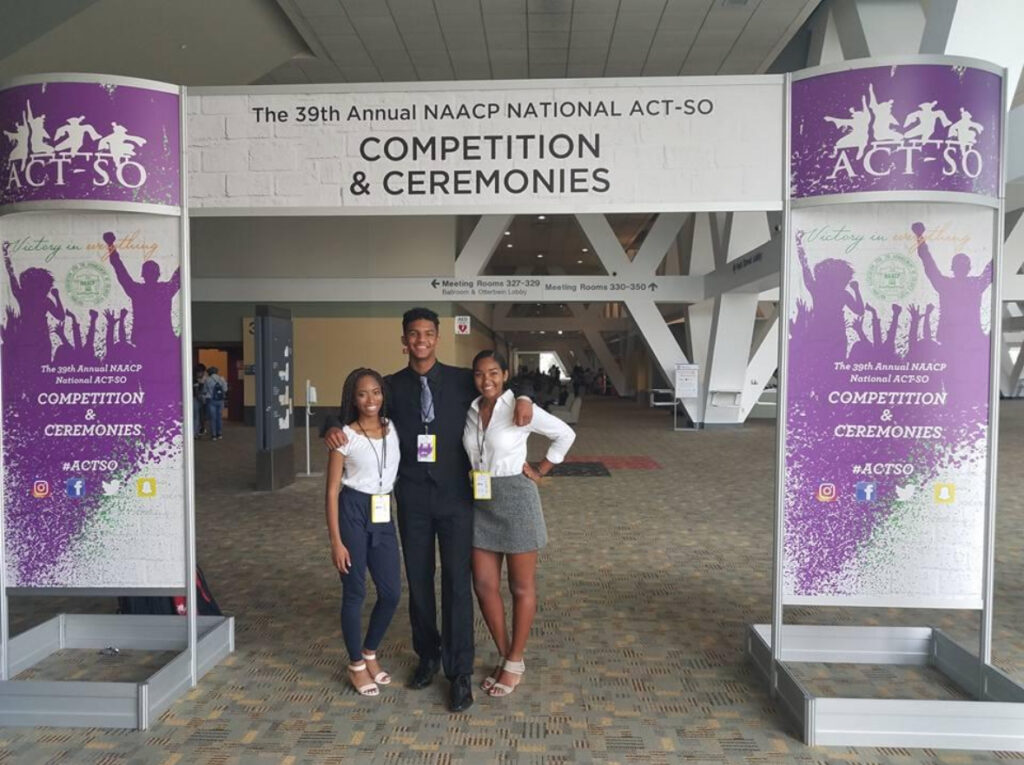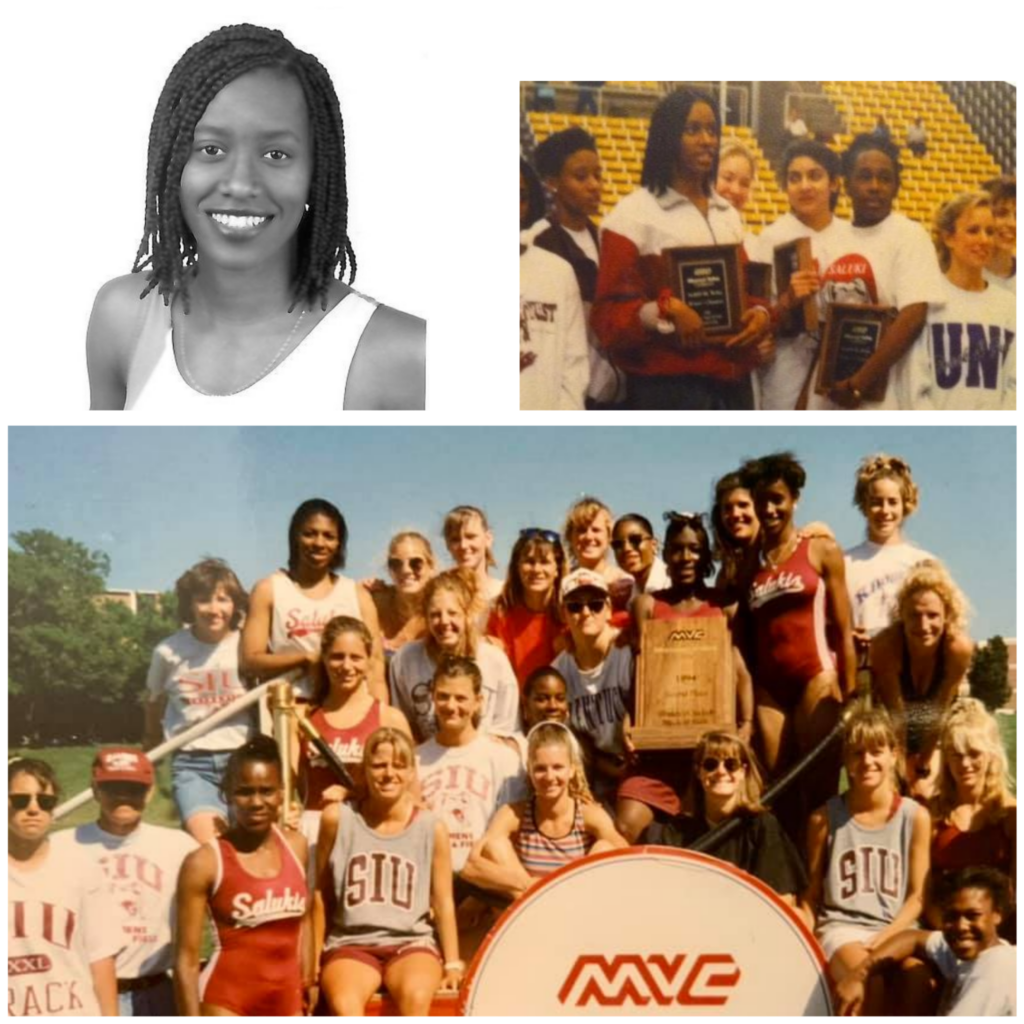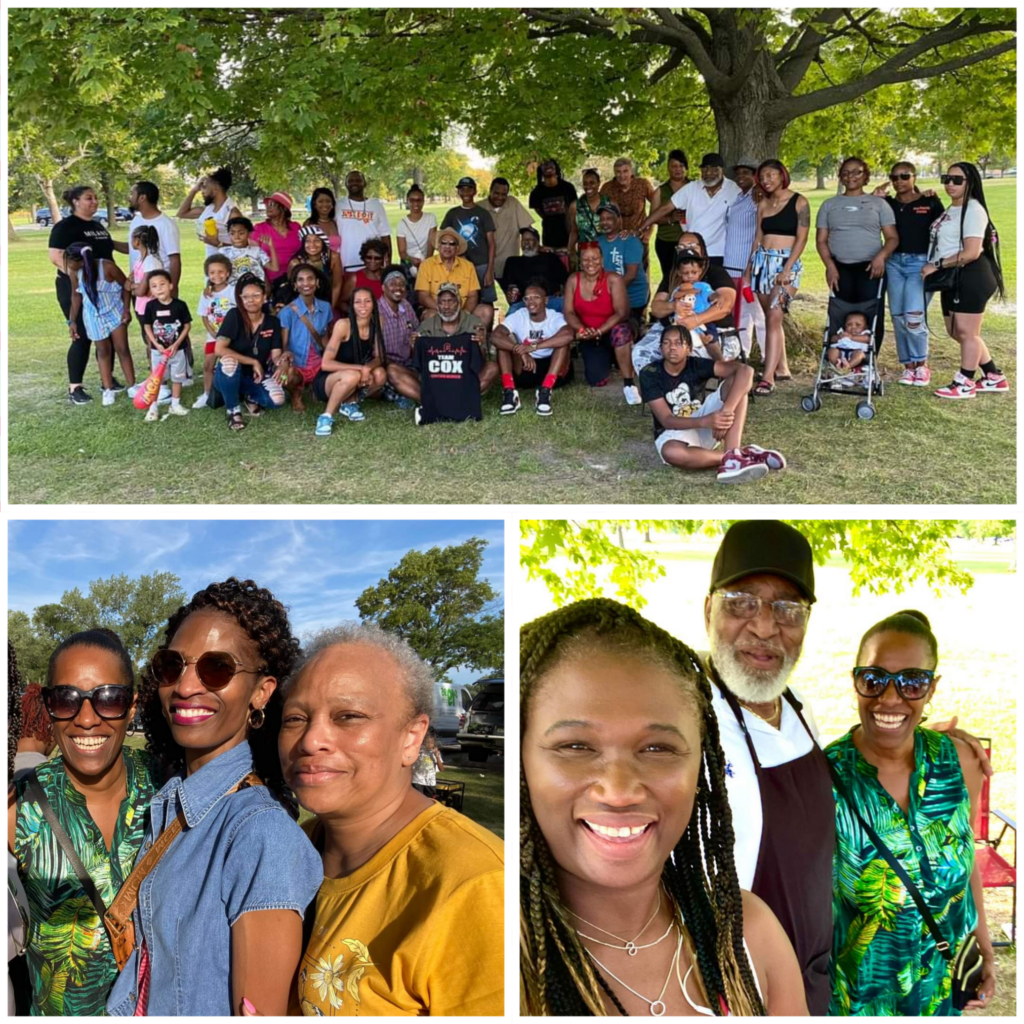Community Spotlight: Black History Quarter
Your stories have power. They bring ideas to life and can shape how others see the world, and here at Hearts, we use stories to build community.
This is one of many posts in our Community Spotlight Series, where we feature Hearts who identify with a group and have important conversations about how we can support one another.
Throughout the series, we will work closely with these individuals to create an experience where they can share their culture with fellow Hearts. We’ll hear directly from them about their lives, the safe spaces they’ve created to live their truth, and how we can be better allies.
And then we listen.
Because more than ever, stories that celebrate our differences need to be heard.
Finding connection, from athletics to art
Black History Month is a time to celebrate and honor the achievements and history of Black people in America. This annual observance is an essential reminder of African Americans’ immense contributions to our nation and beyond. Let’s take this time to acknowledge their impact on our history and culture. It’s an opportunity for us to educate ourselves and reflect on Black Americans’ rich heritage and unique experiences.
Here are the Hearts events we’re hosting to celebrate:
- Black Culture Trivia (January 24, 2024 at 2:00 p.m. ET)
Hearts & Science and the Black Leadership Network are collaborating on a virtual game show for all employees, featuring trivia questions about famous figures, innovators, pop culture facts, and more. Teams will receive extra points for answers with wit and humor with winners receiving an exclusive prize. - 2nd Annual Allstar Showdown (February 29, 2024)
Hearts & Science is partnering with SuitUp as a part of their Black History Month series for their 2nd Annual Allstar Showdown hosted at Loyola Marymount University. Hearts volunteers will work closely with students in grades 5-12. In this year’s competition, students will be tasked with creating a new and interactive experience that highlights and celebrates Black culture in the LA community.
More Black History events by OMC and OMG:
- Virtual Poetry Session & Workshop with Ashlee Haze (February 7, 2024 at 12:00 p.m. ET)
Black Together, OMC’s Global ERG, is hosting a virtual poetry session and workshop facilitated by spoken word artist and poet Ashlee Haze. Ashlee Haze is a poet and spoken word artist from Atlanta by way of Chicago. She is one of the most accomplished poets in performance poetry and has toured the country performing at over 300 venues and universities, including a feature on NPR’s Tiny Desk. She is the host of Moderne Renaissance, an educational podcast for creatives and moderne thinkers.
- “Blueprint for My People” Screening and Fireside Chat (February 8, 2024 from 3:00-4:00 p.m. ET)
OMG’s Black Leadership Network is hosting a virtual screening of the short film Blueprint for My People followed by a fireside chat with award-winning producer, Carol Bash.
- Batalá New York Showcase, Fireside Chat, and Happy Hour (February 21, 2024)
OMG’s Black Leadership Network presents a hybrid fireside chat and a musical showcase of Batalá New York. Batalá New York is the premier all-women, Black-led, percussion ensemble, bringing high-energy performances to the people of New York City through an engaging blend of cultural education and joyous entertainment. This event will be followed by a Happy Our powered by Group Black on February 21, from 3:00-4:00 p.m. ET.
- Hummingbird Catalyst Group and Recycle Rebundle Fireside Chat (March 15, 2024, from 3:00-4:00 p.m. ET)
As a part of BHQ and Women’s History Month, the BLN will be hosting a Black-owned/woman-owned business highlight of Hummingbird Catalyst Group and Recycle Rebundle. This fireside chat will take place virtually.
- Antonio Sevilla at BLN’s Got Talent (March 27, from 3:00-4:00 p.m. ET)
Rounding out Black History Quarter, the BLN will feature Atlanta local artist Antonio Sevilla as a part of the BLN’s Got Talent Series. His artwork will be displayed in an in-office exhibit and digitally for all to enjoy.
Safe spaces to share
How creativity helped unlock Charles’ identity
Charles grew up in the small farm town of Monroeville, New Jersey, where it was a familiar sight to see goats, horses, and chickens wandering the streets. His father is African American, and his mother is African American and white.
Being biracial gave him the unique experience of multiple perspectives from a young age. At times, he felt it was difficult to balance his identity as an African American male while growing up in white America.
“Growing up as an African American, you always want to know if you’re good enough.”
As Charles began to figure out his identity in middle school, being an athlete initially came naturally to him. He was tall and loved basketball like his father, but he had the inkling that wasn’t his full story.
In high school, he had a new experience that would greatly influence his personal development. He participated in a creative program called the Afro-Academic, Cultural, Technological and Scientific Olympics (ACT-SO for African Americans, where he used photography in a project to convey his own personal coming-of-age story. He presented his project at the state level, won, and then went to Nationals. He describes this experience as “breaking through a barrier” to learn his true identity.
“Being able to express myself in another way besides basketball really gave me confidence in my creativity.”
The project included black-and-white nostalgic images of things like his favorite toy and the first park he visited. This ignited his creative side while grounding him in his African American identity. This opportunity allowed him to experiment with a different type of creative expression beyond basketball and not let one thing define him. He also credits the program with kick-starting his career, eventually leading him to Hearts & Science.
“Photography and the ACT-SO program gave me a chance to be around other like-minded African American men and women—and to really build on that identity.”
Today, Charles is an analyst for the Accountability Team at the Hearts & Science New York office. “I work with multiple teams around the agency, strengthening internal communication and adding more value to the relationship between the agency and our clients.” He appreciates the welcoming environment created by the Hearts’ Director of DE&I, Andriena Coleman, and the support provided by the Accountability Team.
He continues to feed his creativity with a passion for film and enjoys analyzing the styles of different directors. Right now, he’s enjoying Wes Anderson and sometimes emulates the unique, colorful style in his own Instagram travel videos.
Pro tips: Charles shares two tips for his African American community. First, “Definitely step outside of your comfort zone. You don’t know what you like until you try it!”
He closes with, “Take the time to learn our history. As I got older, I was able to understand the struggles we went through and how we continue to uplift ourselves. That has inspired me to uplift those around me.”
How Sheila builds and treasures community
Sheila grew up in various homes across Chicagoland with her family. From farmland to the burbs to nearer to relatives and back to the burbs, she moved a few times before she was a teenager.
No matter where she lived, her mother was always an incredible example of bringing people together. She made connections everywhere, and that goodness was reciprocated. Sheila learned early to be a good human to those around her and to see the power in that.
This outward focus became a deeply ingrained part of Sheila from an early age. Even as an introvert, she would seek out meaningful ways to connect with others. She didn’t care what they looked like or where they were from—she could often find common ground to build on.
Even more opportunities to build connections emerged as Sheila became involved in sports, particularly when she joined the track team at Southern Illinois University.
“We were 40 women from very different walks of life. At first, what connected us was our athletic drive, but then we built a deep trust that went much further.”
Sheila explained, “It was a time when we went from being children to becoming adults. We were together during all the highs and the lows—every win and every injury. It was a group where we shared everything—our history, our dreams, and our drive, and it went far beyond race or ethnicity.
Throughout this time, she remained very connected with her family, particularly her mother, who remained her primary support and best friend.
“I’ve always had my family. They are my community and a safe space whenever I need someone to understand.”
Her mother has since passed, but Sheila continues to gather strength from her extended family and more than 35 cousins. Every year, they gather for a family picnic in Chicago to catch up and spend time together.
There’s a wide range of personalities, but as Sheila says, “It’s a great weekend and never long enough. You know that they’re family, and there’s a lot we share in common.”
As Sheila continues to seek opportunities to connect and build community, she recognizes that it’s a process that often requires education and lifelong learning. She says, “Who you are is a gift that you were given. Your culture, your family, and your food are something that is an opportunity for others to learn from.”
“If you have questions about my hair, I will give you an answer—filtered, unfiltered, or any version of it. Let’s learn from each other.”
Pro tip: Sheila shares, “Every day you can learn from each other is a good day. It’s natural for people to have questions. We’re all lifelong learners, so let’s be hand-raisers for that responsibility to share what we know with others.”
Work should be a safe space, too
Hearts & Science is dedicated to building a space where its employees are recognized and feel seen. There are many ways we are supporting inclusion efforts.
Here are ways to Celebrate Black History:
- Visit Cultural Exhibitions: Museums across the country, like the National Museum of African American History & Culture in Washington, D.C., host special exhibitions for Black History Month. This year, focus on galleries showcasing African American art, music, literature, and film to connect with the 2024 theme. Make sure to attend virtual tours and online exhibits if you can’t visit in person.
- Explore Movies and Books: Dedicate time to watch movies directed by Black filmmakers or featuring Black leads that highlight the stories of the Black and their contributions to the arts. Similarly, reading books by African American authors, like Toni Morrison, James Baldwin, or Alice Walker, can offer deeper insights and appreciation.
- Support Black Artists and Businesses: Buy art from Black artists or shop at Black-owned Businesses.
- Attend Performances and Workshops: Look for local theaters, community centers, and schools hosting performances by Black musicians, poets, and dancers. Workshops can offer hands-on experiences in Black artistic traditions, from jazz improvisation classes to African dance.
- Participate in Library and Online Events: Many libraries host author readings, book clubs, and African American literature and arts discussions. Online and social media channels also offer webinars, lectures, and interactive events that dive into this year’s theme.
Andriena Coleman, director of DE&I at Hearts & Science, shares, “Hearts is a workplace where new ideas can flourish. Together, this community of amazing individuals changes and grows through unique experiences and perspectives. Our differences are celebrated and truly invaluable to our organization.”
As we follow Black History Quarter, let’s take a moment to be a little more open—to learn from each other and open doorways for a deeper connection with others.



